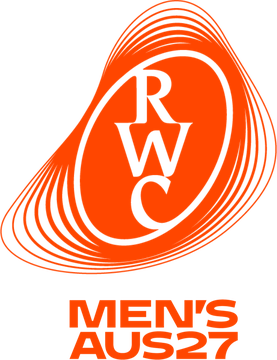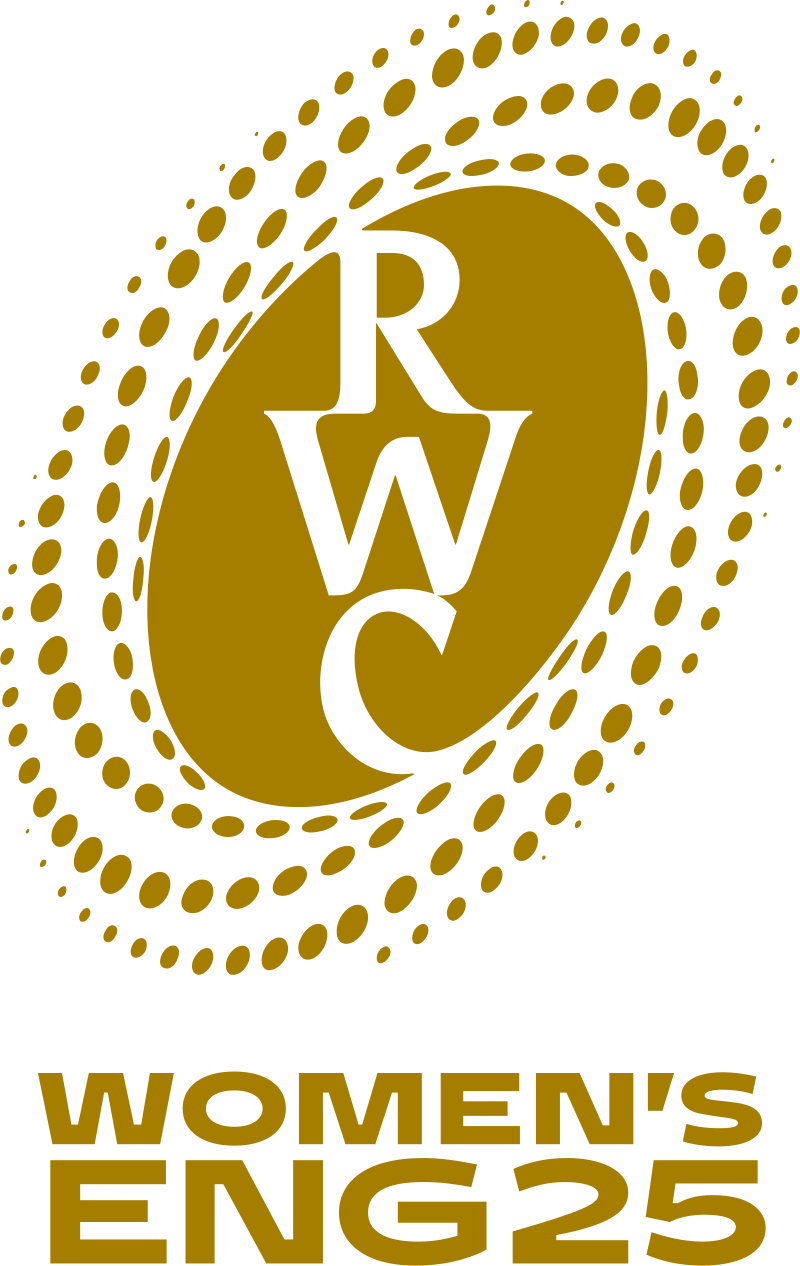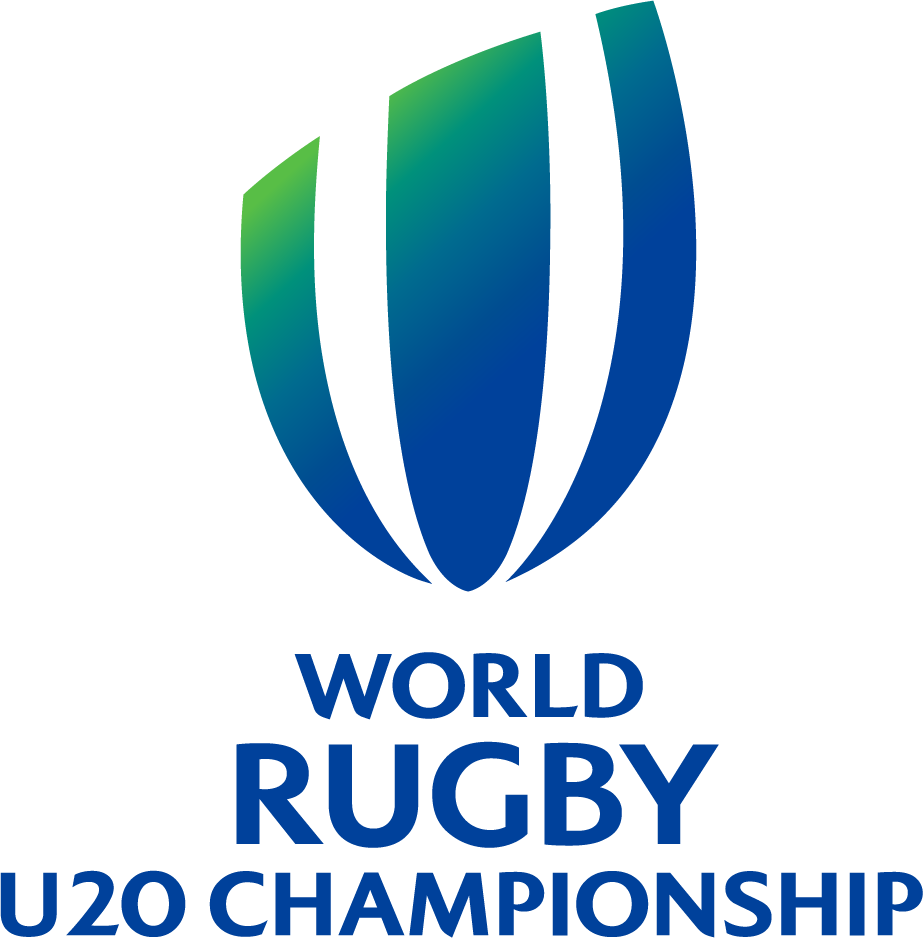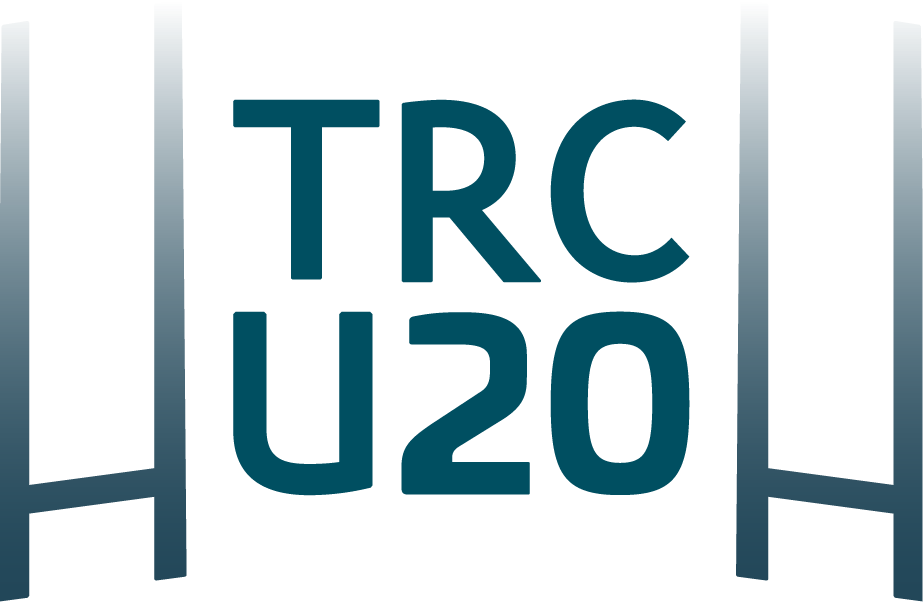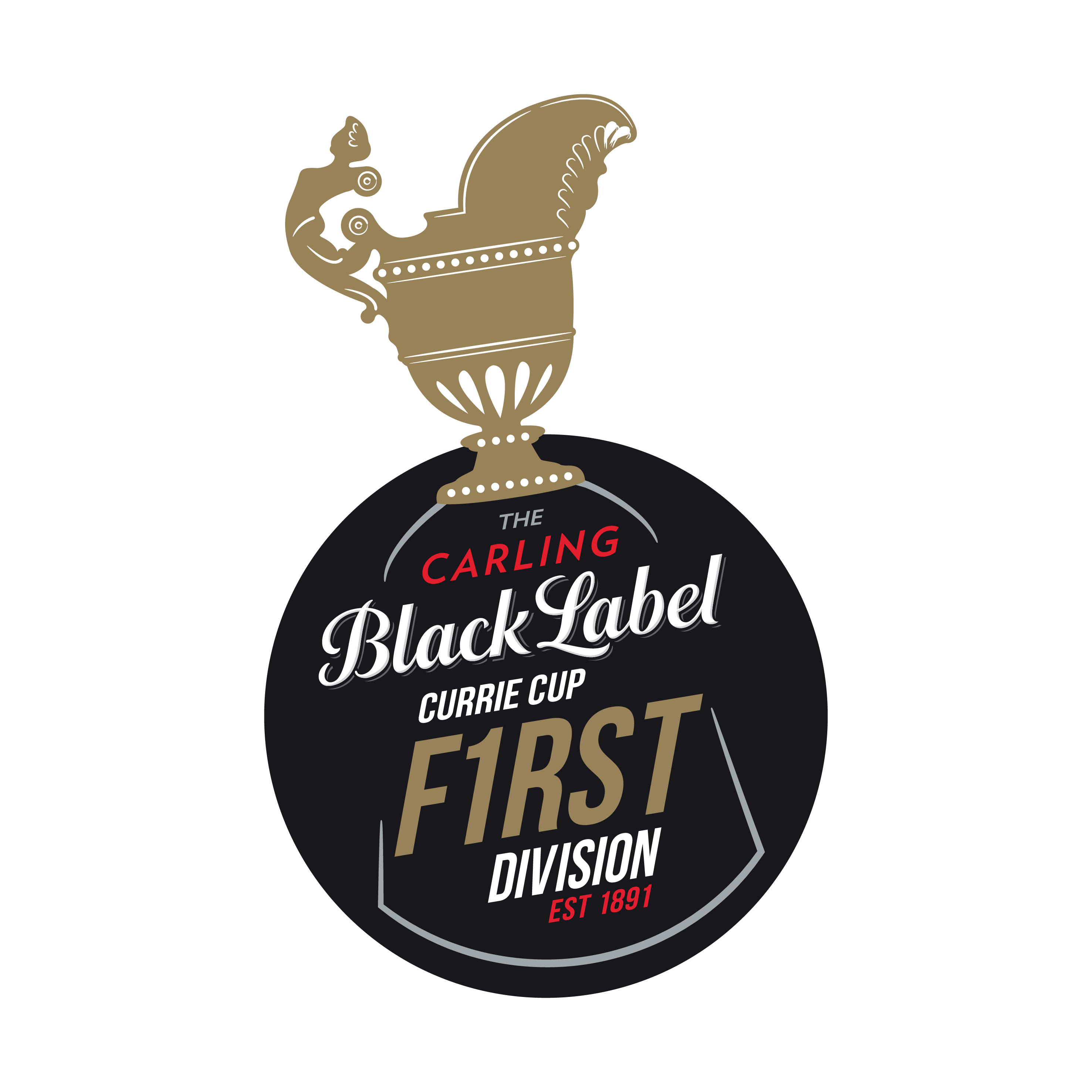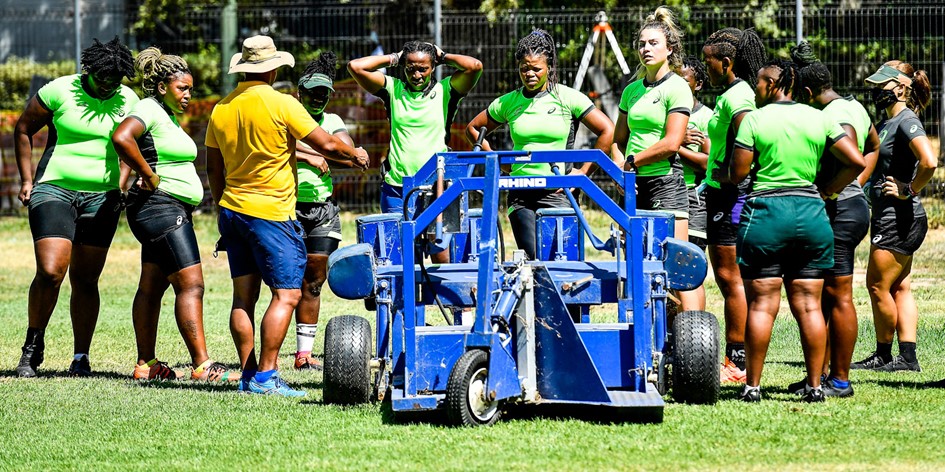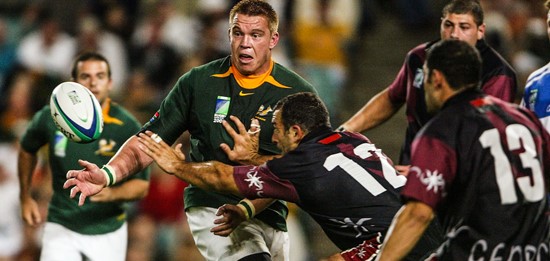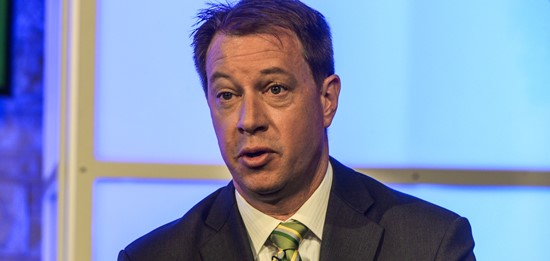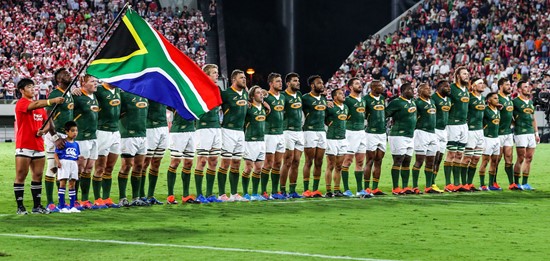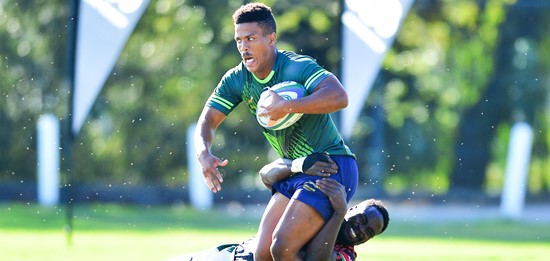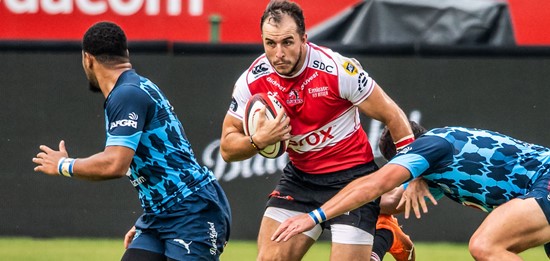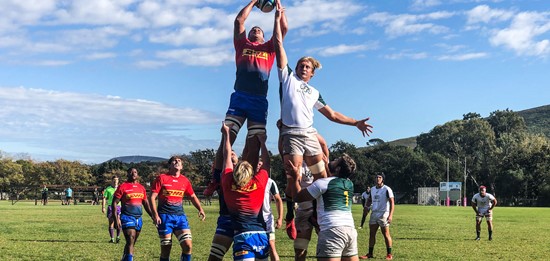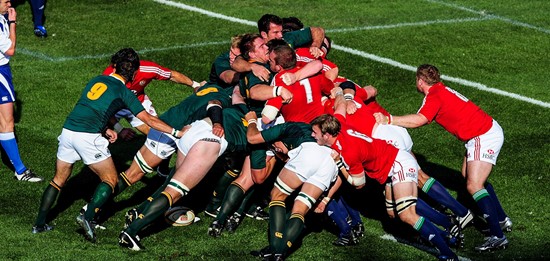The tournament, which will mark the Springbok Women’s first appearance on rugby’s biggest stage since 2014, will play out at Eden Park and the Waitakere Stadium in Auckland, and the Northlands Events Centre in Whangārei.
In an exciting new development for the teams, World Rugby also announced that the tournament will feature increased rest periods which will see the event being extended from 35 to 43 days to accommodate a minimum of five rest days between matches.
The adapted competition format, which is expected to super-charge the schedule for players and fans alike, aligns with the approach recently approved for the men’s competition. These changes also allowed for a revamped tournament that will see all the matches take place on Saturdays and Sundays, with no overlaps.
“It is very good news to know that the Rugby World Cup dates have now been confirmed and it will certainly benefit us in terms of clarity in our planning,” said Raubenheimer.
“The fact that the tournament has been extended, which will see all matches being played over weekends, will also serve as a good opportunity for us from a recovery point of view.
“This will help us put all the puzzle pieces in place to ensure that we will be ready to perform on this world stage.”
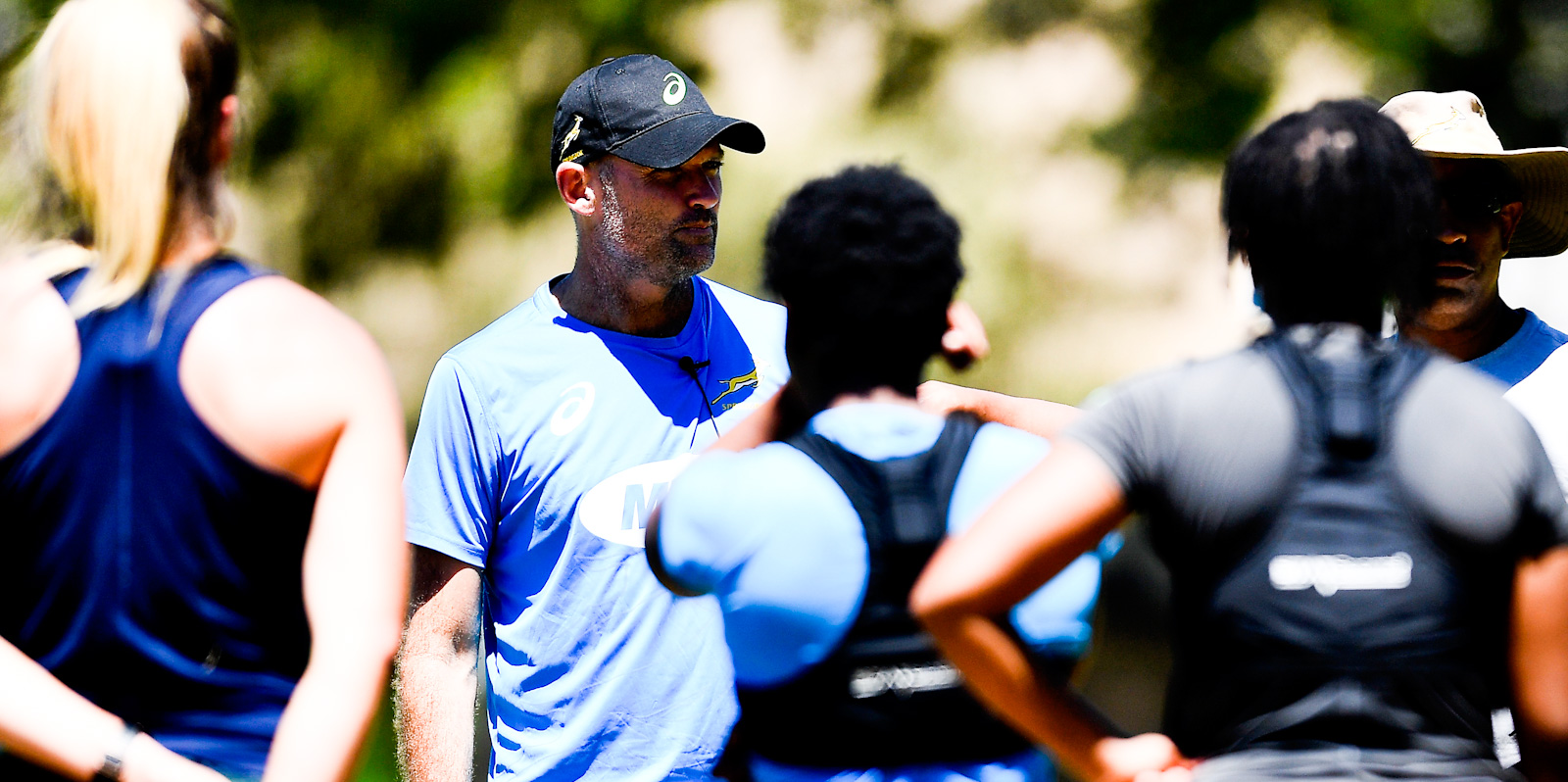
Springbok coach Jacques Nienaber during the national women's training camp earlier this year.
Cantwell was equally pleased about the announcement and said: “We are delighted that there are confirmed dates, although we vaguely projected that it would be in this window.
“Certainty for athletes and the management team is a huge factor psychologically, and from a planning point of view as we can reverse roadmap back from that,” she added.
According to Cantwell, the progression in the format of the competition is a big positive too.
“This enables five days recovery between each game, and it will be excellent from a sponsorship point of view, as sponsors can hopefully activate more because the games will be on weekends,” she said.
“It is also positive from a general sponsorship point of view because it is something we want to leverage domestically from a South African point of view.
“Over and above this, it marks another big step in terms of the robust structure which mirrors that of the men’s World Cup, which is obviously a professional set-up. It is a sign of the direction the women’s game is going in.
“The weekend games and having a full recovery also definitely speaks to the athlete welfare piece that we are connected to in the women’s game.”
The pool phase will be played on the weekends of 8/9, 15/16 and 22/23 October 2022 at Eden Park, Northlands Events Centre and Waitakere Stadium.
The final stages will kick off with the quarter-finals on the weekend of 29/30 October, followed by semi-finals on Saturday 5 November, and the bronze final and final on Saturday 12 November.
Adding to the significance of the final, Eden Park will etch its name in history by becoming the first stadium to host both the men’s and women’s Rugby World Cup finals.
World Rugby Chairman Sir Bill Beaumont said: “We are fully committed to accelerating the women’s game at all levels, and while the postponement was disappointing for everyone, it has provided the unique opportunity to review every aspect of the event to ensure it is the best it can be for the players, fans around the world and the wonderful and enthusiastic New Zealanders.
“Longer rest periods between matches for all teams is further commitment to delivering comprehensive player welfare standards at RWC 2021. I would like to thank all stakeholders for their support and open-minded approach to this process and we can now look forward to a truly spectacular Rugby World Cup 2021, playing in 2022.”
The match schedule and broadcast times will be announced in due course.







